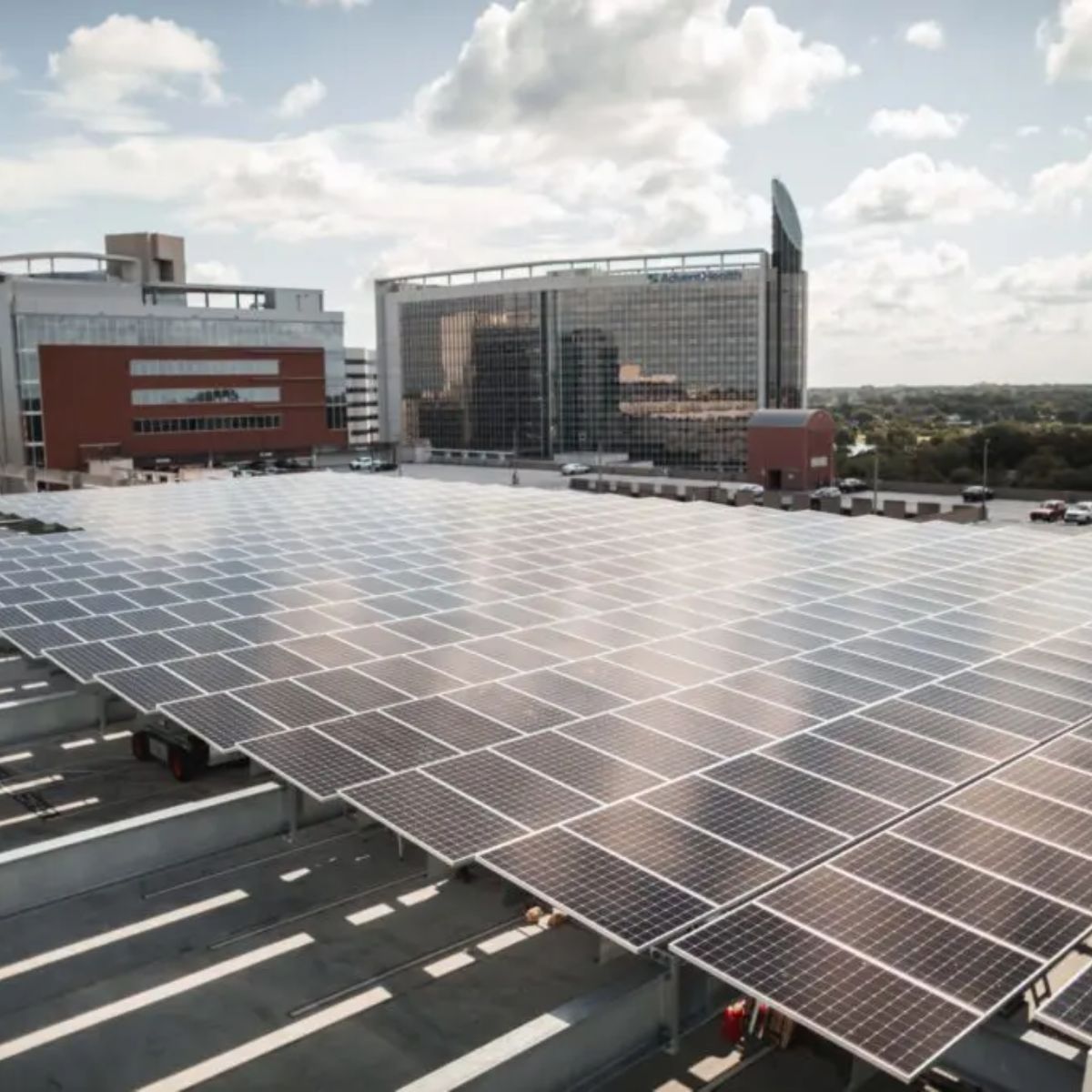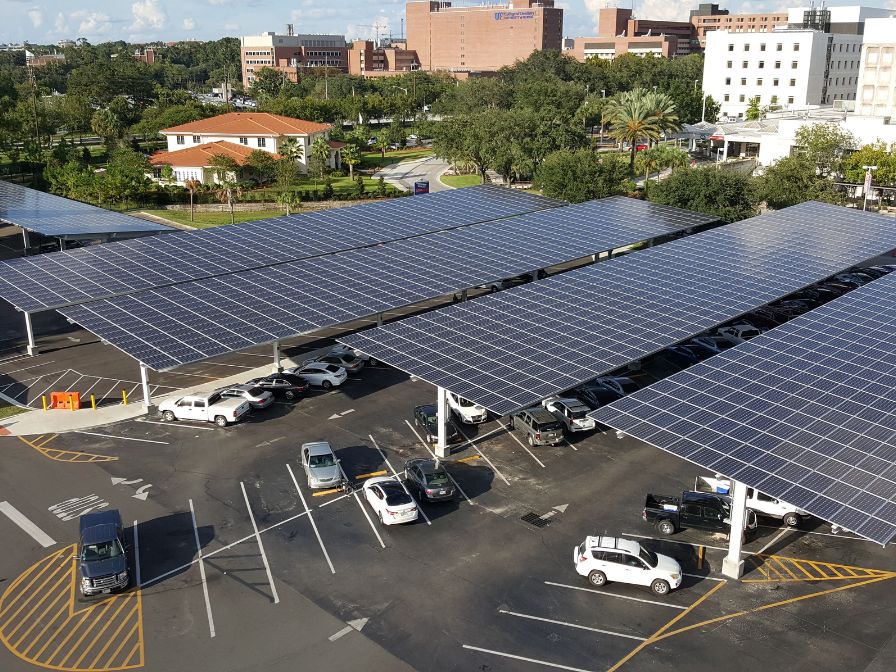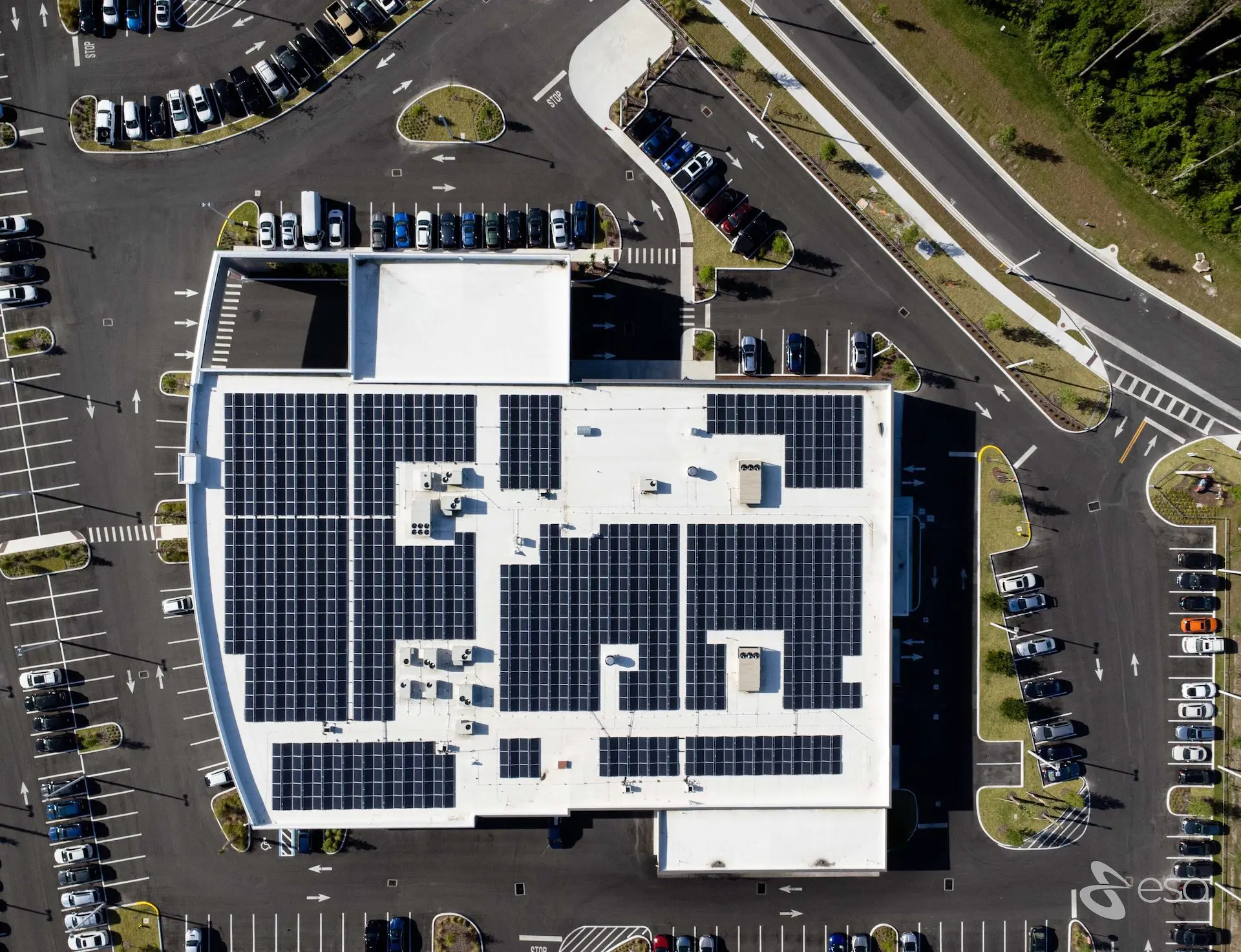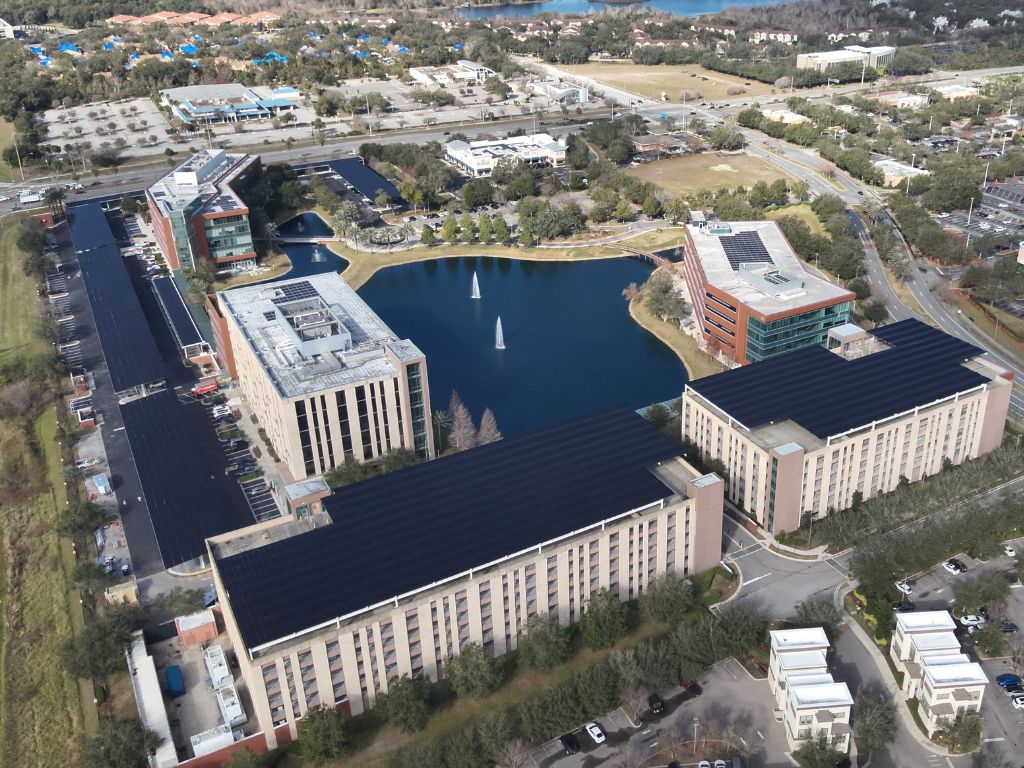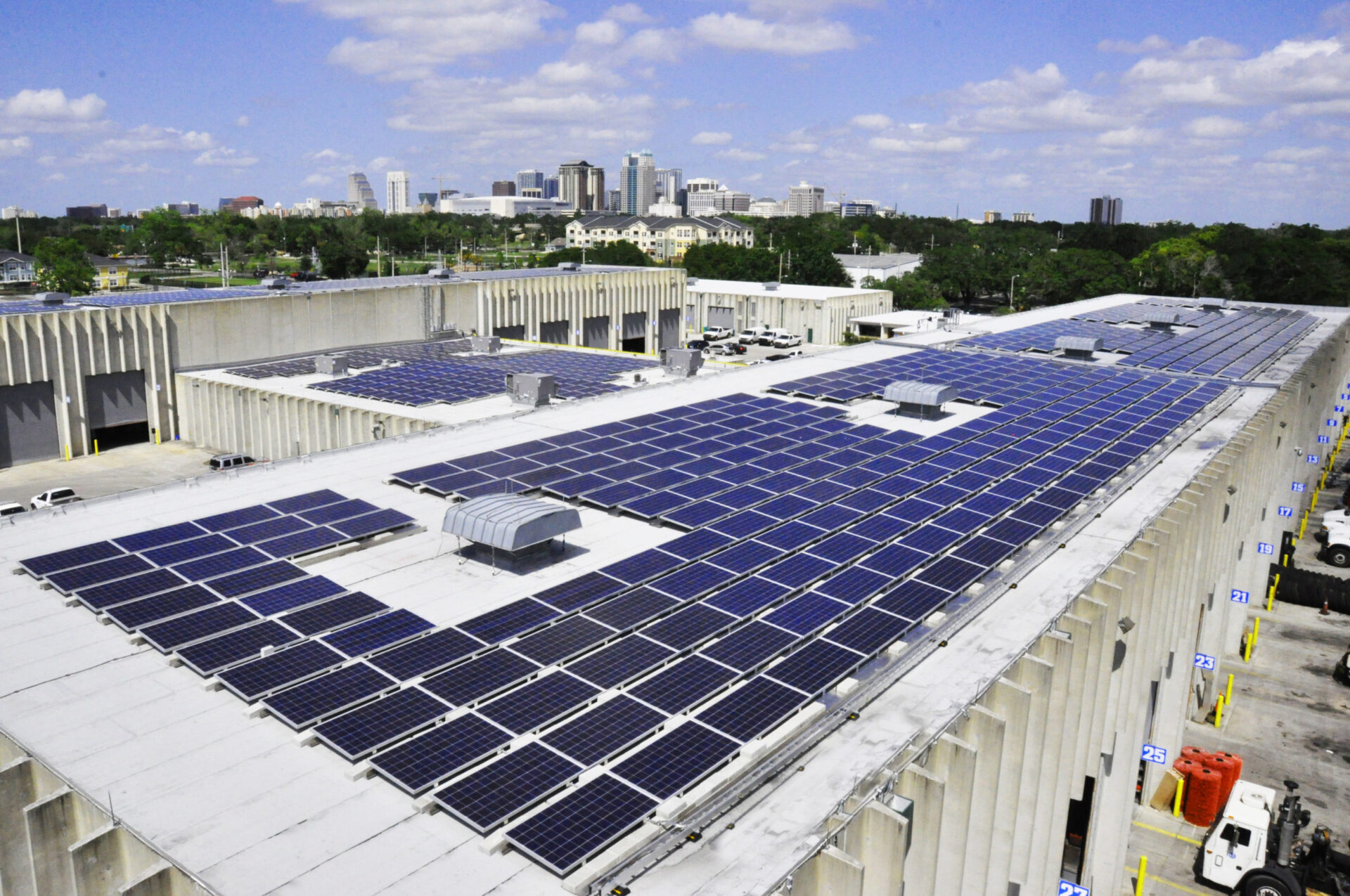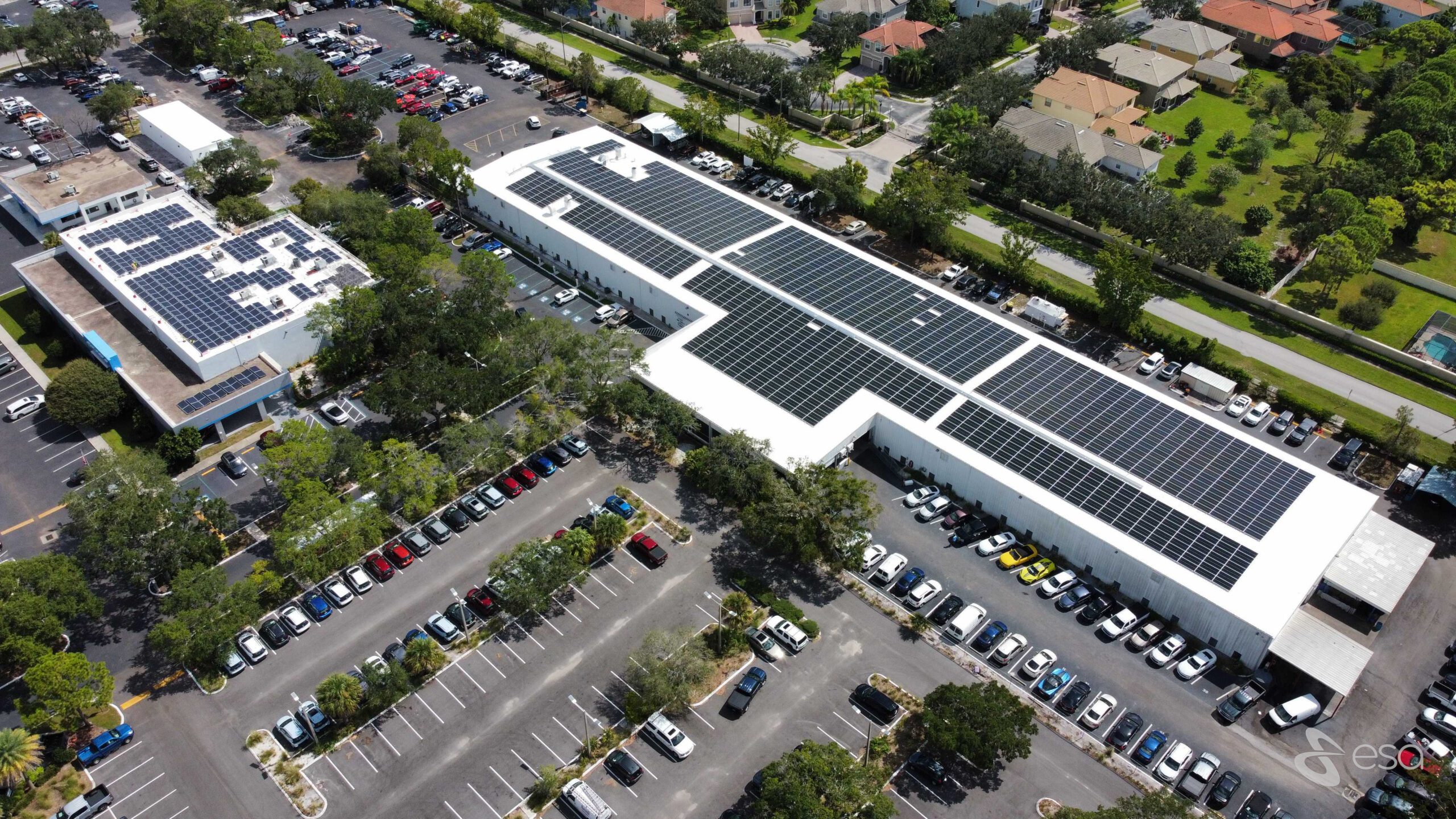Only 18% of U.S. Companies are On Track
Most companies struggling to meet their emissions targets get stuck in the implementation phase—when plans must become action. Don’t let complexity bog down your ESG commitments.
Our Decarbonization as a Service (DaaS) platform provides C&I companies with a clear, customized roadmap to net zero.










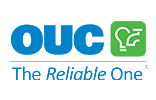


A Portfolio-Level Approach to Decarbonization
Most companies struggling to meet their emissions targets get stuck in the implementation phase—when plans must become action. Our DaaS platform provides a clear solution to this challenge.
Emission Analysis
Analyze your data to determine baseline emissions.
Portfolio Management
Identify the greatest savings opportunities in your portfolio.
Utility Connection
Negotiate with utilities and conduct technical reviews.
Design and Engineering
Deliver code-compliant designs and select appropriate equipment.
Annual Maintenance
Monitor assets virtually and conduct annual maintenance.
Construction Management
Manage project construction from start to finish.
Decarbonization Strategies for Every Company
Our scalable solutions are completely customizable and our expert team will help you find the right mix for your business.

Onsite Solutions
Generate, store, and deploy renewable energy on your property with our range of technology solutions.
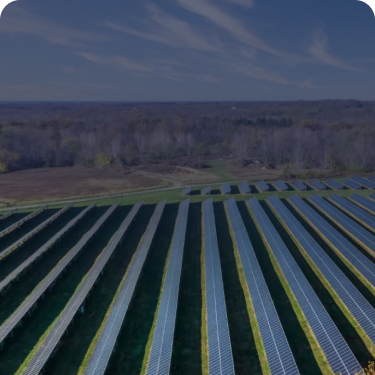
Offsite Solutions
Subscribe to community programs or procure electricity through virtual power purchase agreements (VPPAs)

Clean Energy Credits
Purchase clean energy credits to offset carbon emissions across your portfolio.

Making implementation effortless
Whether your organization is just starting its sustainability journey or already has clean energy projects underway, we meet you where you are.
- Measurement stage: We help you analyze bills and measure Scope 2 emissions.
- Action stage: We implement clean energy projects at scale.
- Reporting stage: We provide access to accurate data for ongoing reporting.
Reach Your Goals 35% Faster with Our Action-Based Strategy
7,500+
Hours Saved
850 Hours
Time to Market
28+
Clients on Target
Explore our recent projects
Get In Touch.
Connect with our team to get started.

